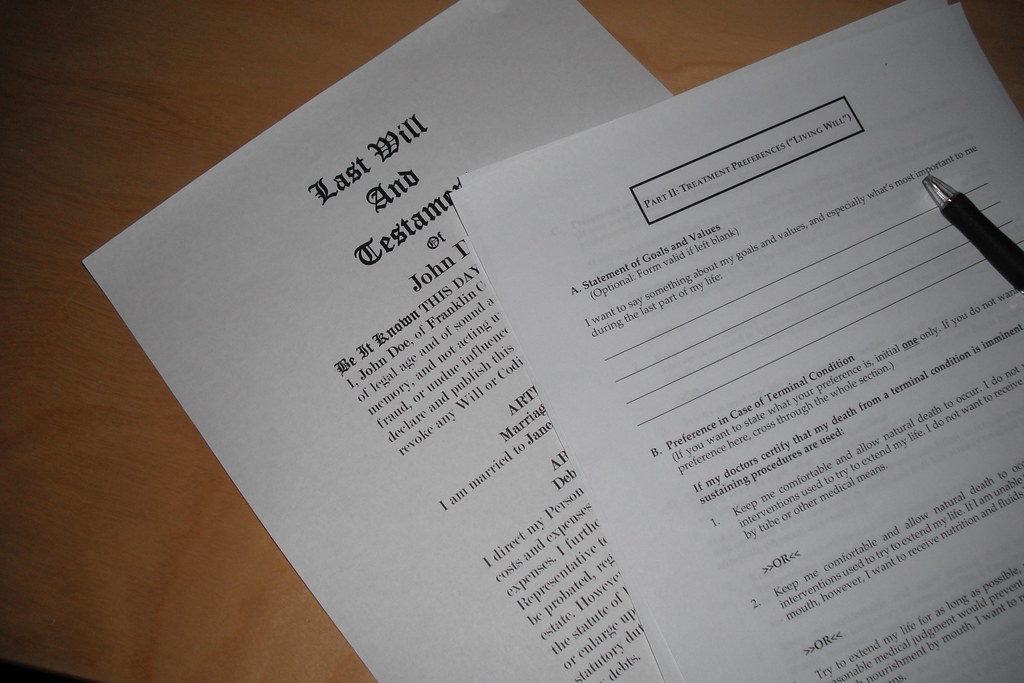
Lasting Power of Attorney (LPA) applications are being rejected in alarming numbers. Recent figures show a staggering 50,000 applications were returned due to errors. This means thousands of people are potentially left without crucial legal protection should they lose the capacity to make their own decisions.
An LPA is a vital legal document that allows you to appoint someone you trust to make decisions on your behalf if you’re unable to do so yourself. There are two types:
- Health and Welfare LPA: this covers decisions about your medical care, daily routine, and living arrangements.
- Property and Financial Affairs LPA: this covers decisions about your finances, property, and bills.
Why Are so Many Applications Being Rejected?
The most common reasons for rejection include:
- Missing signatures: all parties involved, including the donor (the person making the LPA), attorneys (those appointed to make decisions), and certificate provider, must sign in the correct places.
- Incorrectly completed forms: even minor errors, like using the wrong form or missing sections, can lead to rejection.
- Failure to meet witness requirements: an independent witness must be present when the donor signs, and they must also sign the form.
- Lack of understanding: there can be confusion about the role of the attorney and the certificate provider, leading to incorrect completion of the forms.
How to Ensure Your LPA Application is Accepted:
- Start early: don’t wait until a crisis occurs. Applying for an LPA while you’re still healthy and have full mental capacity is crucial.
- Use the correct forms: ensure you’re using the most up-to-date forms. Separate forms exist for Scotland and Northern Ireland.
- Choose your attorneys wisely: select people you trust implicitly and who understand your wishes. Discuss your expectations with them beforehand.
- Find a suitable certificate provider: this person must confirm that you understand the LPA and are not being pressured into making it. They have specific requirements, so choose someone who qualifies (e.g., a doctor, solicitor, or social worker).
- Pay attention to detail: double-check every section of the form for accuracy and completeness. Ensure all dates, names, and addresses are correct.
- Get help if needed: If you’re unsure about any aspect of the LPA, seek professional advice from a solicitor specialising in this area.
What to Avoid When Completing Your LPA:
- Rushing the process: take your time to understand the forms and implications of your decisions.
- Leaving blank spaces: complete every relevant section, even if it seems repetitive. If a section doesn’t apply, mark it as “not applicable.”
- Using correction fluid or making alterations: if you make a mistake, start with a fresh form.
- Assuming your attorney knows your wishes: have open and honest conversations with your attorneys about your preferences for health and welfare or financial decisions.
The Importance of LPAs
LPAs provide peace of mind for you and your loved ones. They ensure that your wishes are respected, even if you lose the ability to communicate them yourself. Without an LPA, your family may face lengthy and costly legal procedures to make decisions on your behalf.
Don’t become a statistic. Get in touch with us today to ensure your applications are filled in accurately and your LPA registrations are handled correctly.

Table of content
Recent Posts
Can You Put Digital Assets In A Trust? – How To Protect Your Digital Estate
In an era where our lives are increasingly played out [...]
Securing Legal Immigration Status After 20 Years in the UK
Gaining lawful immigration status after spending two decades in [...]
UK’s FCA Update: Stablecoins & Crypto Custody
The world of money is changing fast, and nowhere [...]






